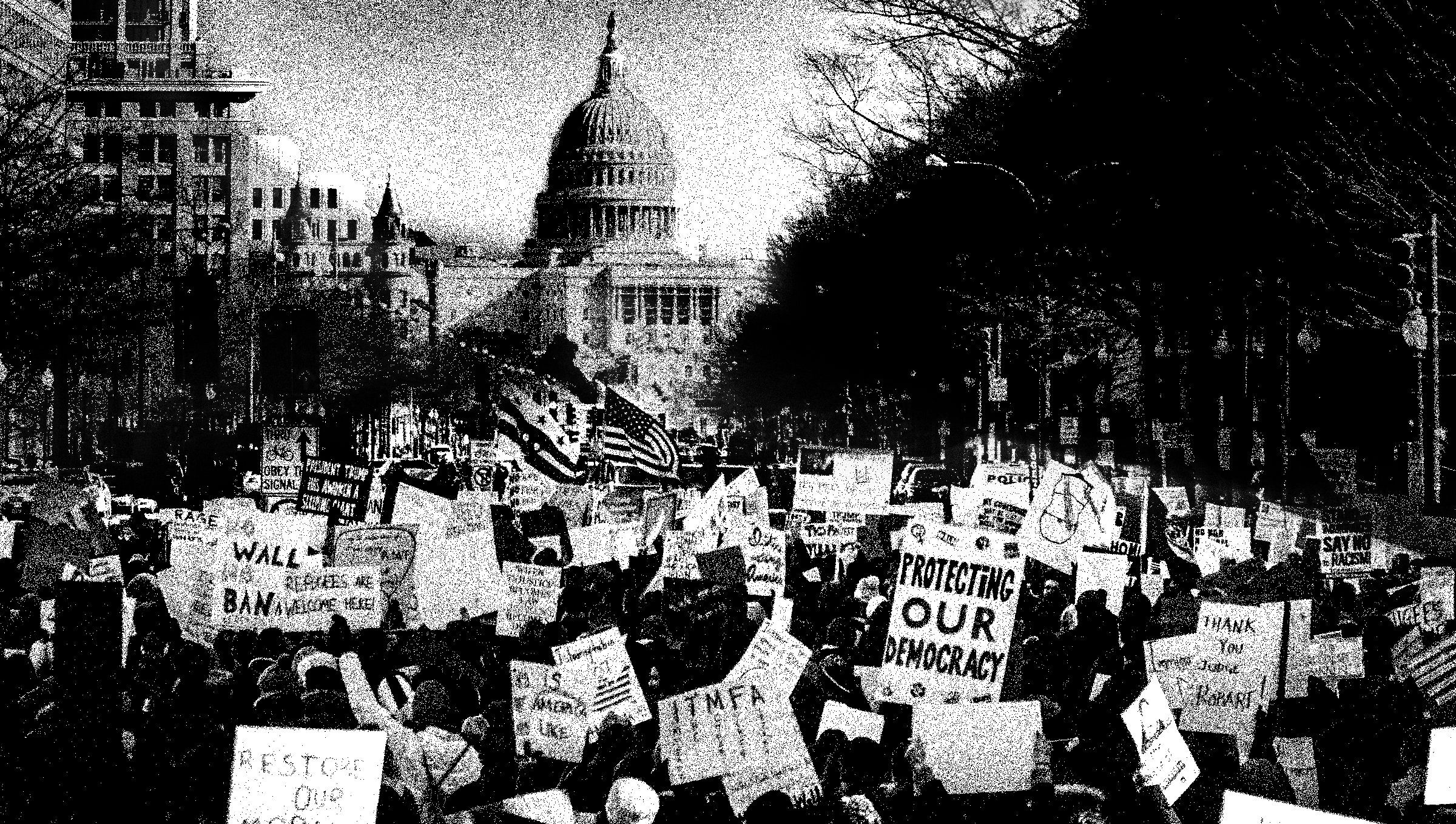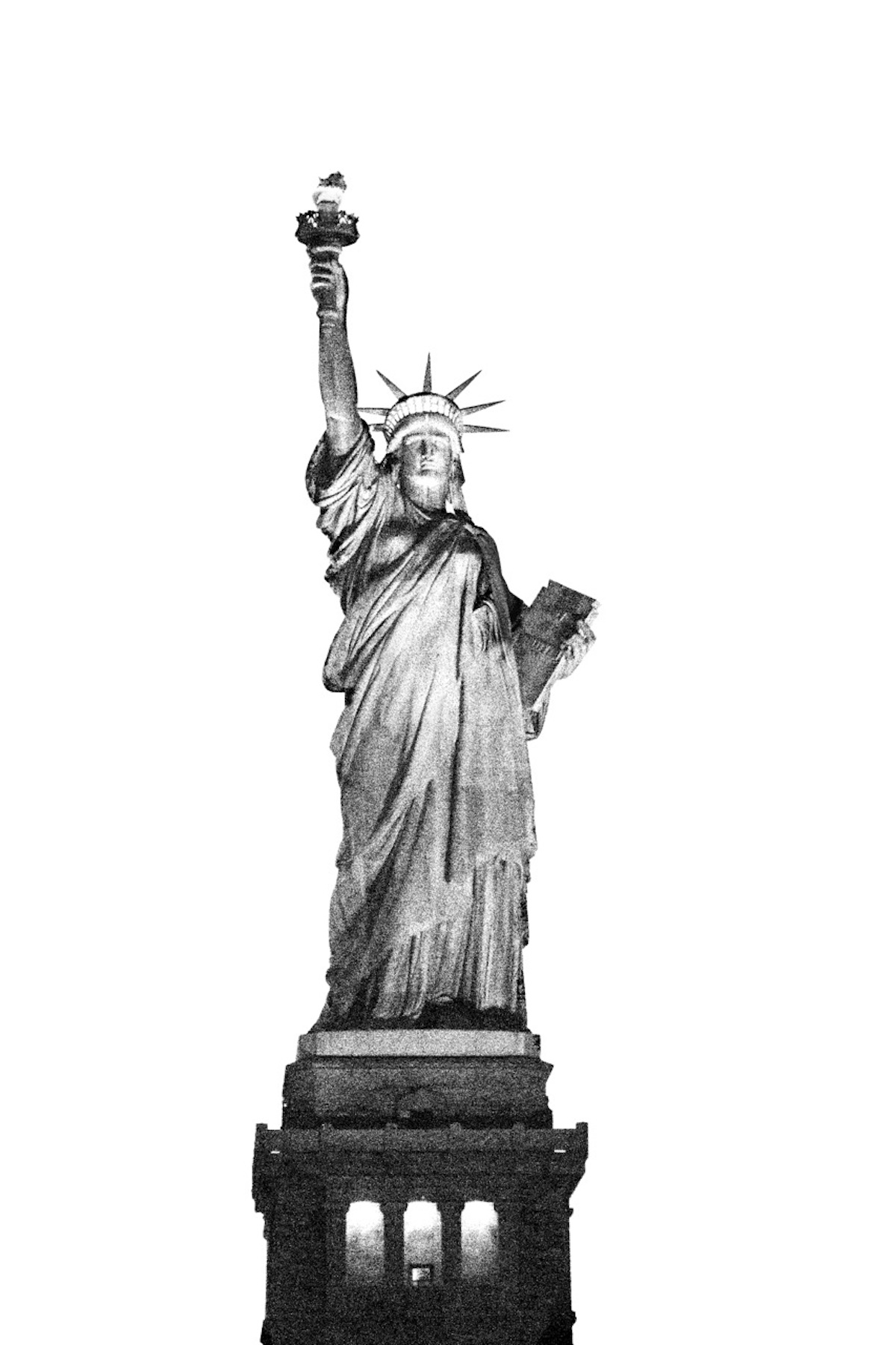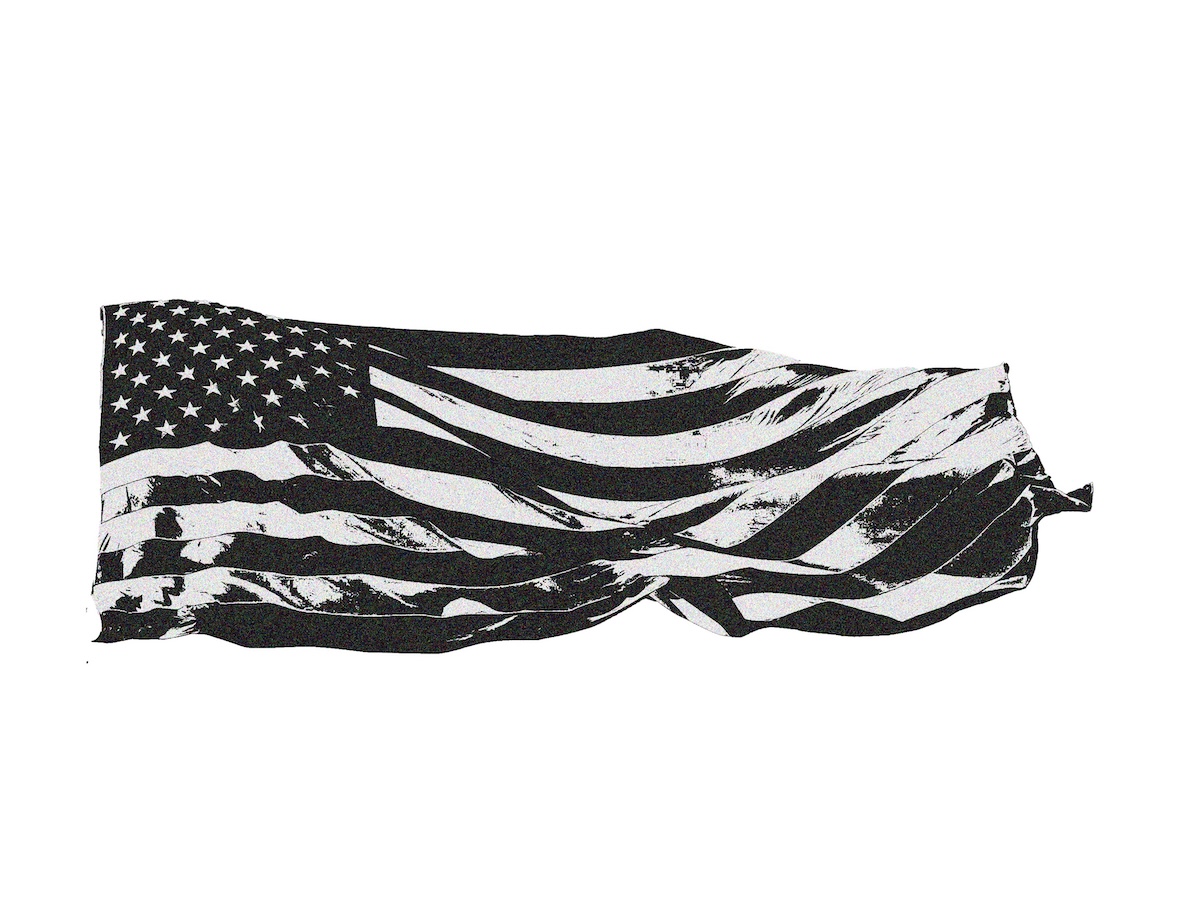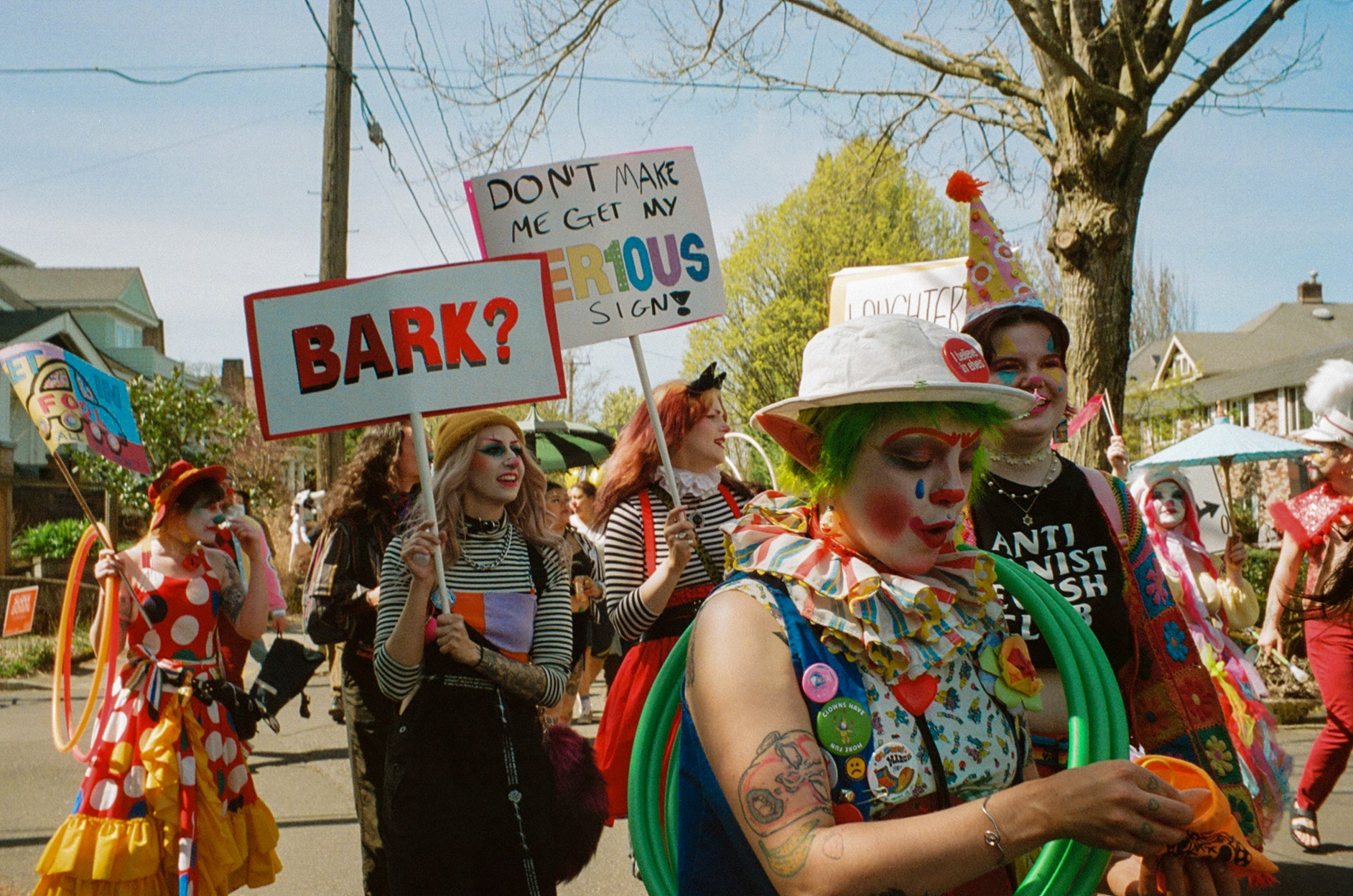In 1992, Henry Ross Perot Jr. was drafted into an independent presidential run. The Texan Businessman and billionaire had, at the time, gained some political notoriety for throwing his wealth around. He had, two decades before, hired a private militia to free employees of his company who had been taken hostage in Iran. The operation—titled, HOTFOOT (Help Our Two Friends Out Of Tehran)—had thrust the serial entrepreneur into the political spotlight.
This coincided with the end of a two-year ad campaign by Politician Jack Gargan, who—according to the Chicago Tribune—took $45,000 of his own money in 1990 to run the same full-page ad in hundreds of newspapers. The ad began with a striking refrain lifted from a monologue spoken by the character Howard Beale in the movie Network: “I’m Mad As Hell and I’m Not Going to Take it Anymore.”
It advocated that as many people as possible vote out any incumbent federal candidates—regardless of party affiliation—in order to advocate for term limits and root out corruption. In the ad—the text of which is hosted on a Gargan-sympathetic website—Gargan stated that he was “Outraged,” “Angry,” “Disgusted” and “Really Hacked Off” at the state of politics of his time.
“Our only hope for a cure is a CLEAN SWEEP, and start over from scratch,” Gargan stated. “The only party I’m for is the huge party this nation is going to throw on Election Day when we throw those arrogant bums out on their collective butts!”
Gargan would lead the effort that would draft Perot into a run for the White House. Perot would—for the longest time—reject any calls for him to run for president. Despite this, he would open various 1-800 numbers and petitions to test the waters and to see how much support there really was for him. One of these numbers received 18,000 simultaneous calls after Perot’s appearance on The Phil Donahue Show.
When he did finally accept the mantle—running as an independent—his campaign garnered a groundswell of popular support. He briefly took the lead in one poll by The Washington Post, running a campaign initially focused on bringing down the national debt.
Perot was one of the first “socially liberal, fiscally conservative” candidates to garner national attention. He was—for all intents and purposes—the median White voter of the time and ran a campaign unmatched in its ability to capture that demographic. He railed hard against the North American Free Trade Agreement (NAFTA), the first Gulf War and the vague notion of political corruption. He was the proto-populist and would lay the rhetorical groundwork for campaigns like those running the contemporary populist gambit from Bernie to Trump.
His policy recommendations might not look like yours or mine. He was notoriously aloof on issues of Black civil rights in the era of Rodney King. He infamously called a group of black people gathered to hear him speak “you people” at an NAACP event. He was quite paranoid, even dropping out of the race briefly after coming to the belief that his enemies were going to sabotage his daughter’s wedding and convincing himself that a coalition of Black Panthers and North Vietnamese agents had attempted to kill him.
Despite all this, however, he did one major thing above all.
He finished the election with almost 20 million votes, securing 20% of the total. This would be the closest any third party candidate would get to capturing the presidency, and it would lay the foundation both for the wild saga of the Reform Party—that he and Jack would found as well as the modern third party movement. Even more importantly for his own aspirations, breaching 5% of the popular vote cleared him to receive $30 million in federal campaigning money.
This is the legacy of the Reform Party in the long run. Federal matching funds are what drives most third party runs for president—the idea that if you can reach that simple 5% threshold you can take a fringe candidate and turn them into a real challenger nationwide.
The Reform Party did it, running Perot again in 1996 and securing 8% of the vote. Not only that, but the Party was the electoral vehicle for the successful Minnesota gubernatorial campaign of Governor Jesse Ventura in 1998.
The Reform bandwagon didn’t last—obviously. The party would collapse after the famous bag of human excrement Pat Buchanan and his far-right supporters (which included David Duke of KKK fame) led a hostile takeover of the Party in the leadup to the 2000 election. It did, however, pave the way for another third party candidate in 2000.
Activist Ralph Nader and the burgeoning Green Party would run right as the Reform Party cratered. He attacked the two-party system from the left in a campaign centered on environmental and social justice issues. He attacked the Democratic Party as being too far to the right and supported legalizing marijuana. His campaign won 2% of the vote, pulling from a base of voters unsatisfied with either of the major parties. He spoke to an—at the time—burgeoning, progressive movement.
Many contemporary third party runs for the White House attempt to court this progressive base. Jill Stein—the current perennial Green Party Candidate for president—runs on a platform of “People, Planet, Peace.” This platform calls for massive overhauls in how the nation procures its energy and an immediate transition away from fossil fuels. She also calls for a dismantling of the “Bipartisan, endless war machine.”
She has specifically called for the end of American support to Israel and, as such, has grown in popularity amongst Muslim Americans, especially those in Michigan and other Rust-Belt states who feel heavily burned by the Democratic Party’s continued support of Israel. A survey by the Council on American-Islamic Relations puts Jill Stein at a 29%-29% tie with Kamala Harris among Muslim Americans.
There is also the candidacy of Progressive Theologian and Philosopher Cornel West, whose platform is heavily social justice oriented. He calls for a $27 minimum wage, an end to attacks on transgender people, a nationalization of the fossil fuel industry and Medicare for all.
Finally, the Party of Socialism and Liberation has their—explicitly communist—Presidential Candidate Claudia de la Cruz. You might have seen her posters pop up around campus.
All of these campaigns—specifically those of Jill Stein and Cornel West—have faced intense criticism from the Democratic Party. They claim that third party candidacies are harming the unity of the Democratic voter coalition and could hand the election to Donald Trump. The Democratic Party has recently spent $500,000 in advertising to attack Jill Stein in key battleground states.
If these candidates are spoiling the vote, however, it’s worth asking how that is. These candidates have platforms tailor-made for progressive youth who vote at lower rates than older people. Furthermore, the Democratic Party has done seemingly everything in their power to disenchant progressives, anti-war people, Latinos and Arab-Americans who have continuously voiced their concern at the current, rightward trend in the party.
The independent voter and the third party spirit is necessary in the United States for this exact reason. The two parties cannot be allowed to continue to attempt to scare voters into falling in line come November—while they enact harmful and unpopular policies with impunity. It is also not the job of the voters to keep a party in power—it is the job of parties to court voters. If the Democratic Party does want these votes, they will go out and chase them instead of sidelining them.
The more that the Democratic Party—the modern party most hostile to third party movements—moves further to the right, the more that liberal voters are left homeless and might end up finding their way to the likes of the Green Party or candidates like Cornel West—parties and candidates who will speak up for them without hesitation. You cannot, then, blame those people for voting for third party candidates. And the more people that find their way to these candidates, the closer they get to that ever-tantalizing 5%.
Whether or not third party candidates like Jill Stein, Cornel West, Claudia de la Cruz or even Chase Oliver of the Libertarian Party cost either side enough votes to swing key states is yet to be seen. It is yet to be determined if any third party since Ross Perot has actually spoiled an election instead of simply bringing non-voters to the ballot box. If they do, however, do not place the blame on them. Place the blame on the corporate-funded, “too-big-to-fail,” entrenched two parties who continue to act as if they are owed their positions in government by divine right.








